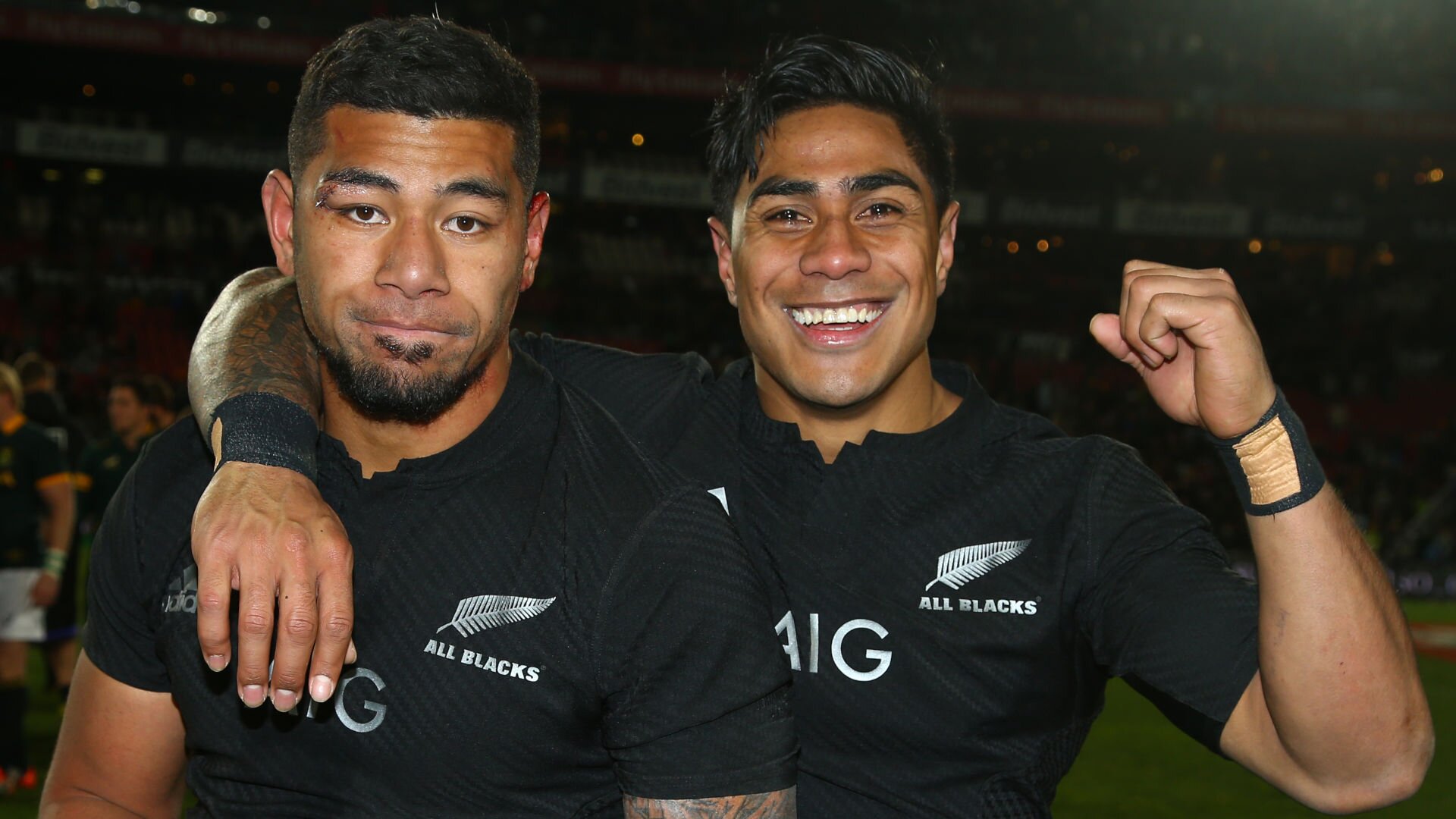Test rugby gets shake-up as World Rugby agrees to transfer changes

Test rugby as we know it will radically change from January 1 next year after World Rugby council approved an amendment to the sport’s eligibility regulations governing national team representation. It will now permit an international player to transfer once from one union to another subject to demonstrating a close and credible link to that union via birthright.
A three-step criteria will be applied for a player to change: The player must stand down from international rugby for 36 months, the player must either be born in the country to which they wish to transfer or have a parent or grandparent born in that country, and a player may only change union once. Each case will be subject to approval by the World Rugby regulations committee to preserve the integrity.
According to World Rugby, any player who meets the above eligibility criteria can apply for an immediate transfer on January 1. The revised regulation eight revisions will also see all players ‘captured’ at 18 years of age to simplify and improve understanding and compliance.
Approval of the amended regulation followed requests by emerging nations and a subsequent wide-ranging consultation process with member unions, regions and International Rugby Players examining the possibility of amending the principle within the regulation that stipulates that a player may only represent one union at international level, save for specific circumstances relating to participation in the Olympic Games.
World Rugby believes the benefits of the amendment are three-fold:
- Simplicity and alignment: transfers are currently permitted in the context of participation in the Olympics in the sevens game. This amendment will create one aligned, simplified process across the game;
- Development of emerging nations: the player depth of emerging nations may be improved by permitting players, who have close and credible links to the “emerging union” through birth or ancestry, to “return” to those unions having previously represented another union;
- Player-focused approach: the process recognised the modern rugby environment, including global player movement, the current ability to capture players by selecting them on the bench, and the desire of some players to transfer having been selected a limited number of times for one union. It also examined the impact of any change on the integrity of the international competition landscape.
Former All Blacks star Malakai Fekitoa has confirmed his switch of international allegiance to represent Tonga. #AllBlacks #Tokyo2020 #TokyoOlympics https://t.co/mqtX0M9t0Z
— RugbyPass (@RugbyPass) June 11, 2021
World Rugby chairman Bill Beaumont said: “Approval of this landmark regulatory change is the culmination of detailed and widespread modelling and consultation across the game. We have listened to our membership and players and sought to update the regulation recognising the modern professional rugby environment without compromising the integrity of the international game.
“Any player who wishes to transfer will need to have a close and credible link to their new union, namely birthright or parent or grandparent birthright while meeting strong criteria, including a 36-month stand-down period. We believe that this is the fairest way to implement progressive change that puts players first while also having the potential to support a growing, increasingly competitive international men’s and women’s game.”















































































On the face of it, this seems like a good thing for Pacific Island teams, but the 36 month stand down means the only players likely to benefit from this change are twilight internationals returning to national sides from pro club teams. Teams like Tonga might benefit from one or two "Fekitoa's" but not 15 of them.
Even then.. pacific islanders are know to be late bloomers..
Why the 36 month stand down? Surely it's not all to do with tactics knowledge.
Wow! Just like that...its game on now.
2023 world cup just got tastier
Scotland, wales, italy, japan, australia, nz, england beware...tonga and samoa are now coming for you
Tonga hasn't qualified yet.....mind you if the ex AB's (and others) are available for their qualifier against the top Asian side (probably Hong Kong) they should get in